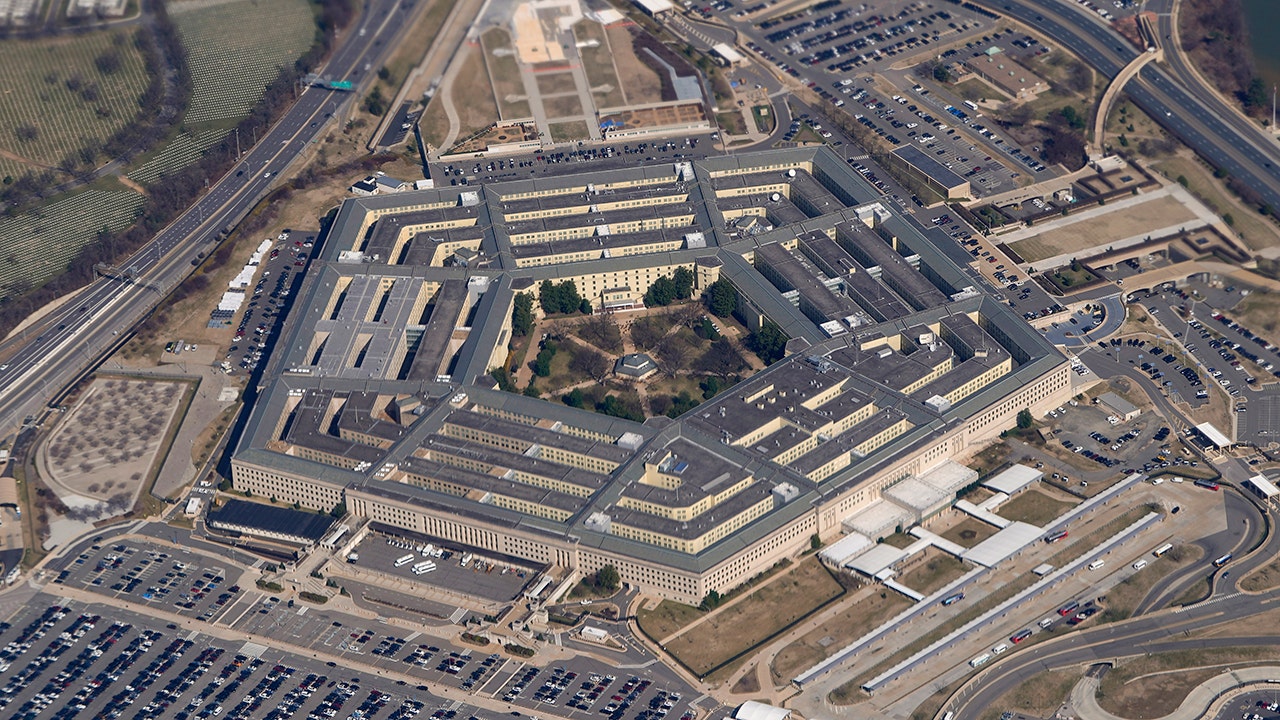House passes nearly $1 trillion defense spending bill, adding to US debt of $36 trillion

House veterans Cory Mills, a Republican from Florida, and Seth Moulton, a Democrat from Massachusetts, recently appeared on ‘Fox News Sunday’ to discuss the bipartisan support in Congress for cutting the national debt. They also addressed future U.S. payments to Ukraine, the balance between military spending and the national debt, and the Pentagon’s failure to pass its seventh consecutive audit.
The House passed its annual defense bill, known as the National Defense Authorization Act (NDAA), which allocates $895.2 billion towards defense and national security. This bill adds another $1 trillion to the already staggering $36 trillion national debt. The bill passed by a vote of 281-140, with 16 Republicans and 124 Democrats opposing it.
The national debt currently stands at $36,163,442,396,226.61, a significant increase from the $907 billion debt 40 years ago. The Congressional Budget Office predicts that the national debt will reach $54 trillion in the next decade due to factors such as an aging population, rising federal health care costs, and higher interest rates.
President Biden has approved approximately $4.8 trillion in borrowing, including funds for COVID relief and infrastructure projects. While this is less than the $7.5 trillion added to the deficit during President Trump’s term, it is more than the $2.5 trillion added by Trump at the same point in his presidency.
Despite the increase in the national debt, the NDAA received bipartisan support in Congress. However, some Democratic lawmakers objected to a provision in the bill that banned transgender medical treatments for children of military members if they could result in sterilization. The bill also included a significant pay raise for service members and investments to strengthen deterrence against China.
In conclusion, the bipartisan support for cutting the national debt is evident in the passage of the NDAA. While concerns about the growing debt remain, lawmakers are working to address these issues while also prioritizing national security and military readiness. The bill now moves to the Senate for approval before reaching President Biden’s desk for signature.




